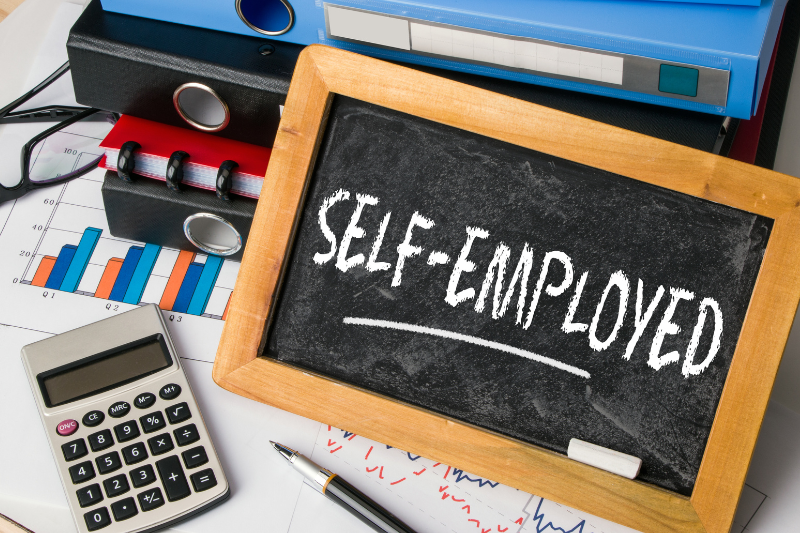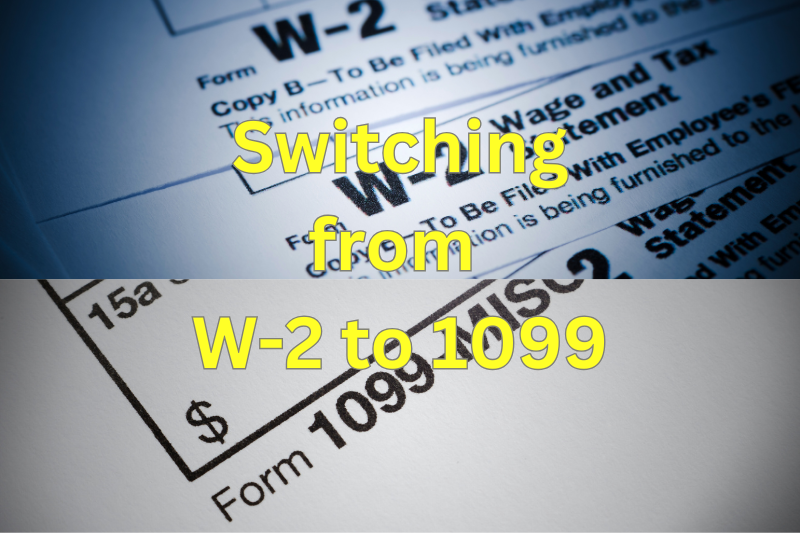So you’ve been out here grinding. LLC in the bio. Invoices flying. Taxes paid (hopefully).…
What is an Earnest Money Deposit?
When purchasing a property, an earnest money deposit (EMD) is a common requirement that buyers should be aware of. This deposit is typically made at the beginning of the home buying process and serves as a show of good faith to the seller that the buyer is serious about their offer. Let’s delve into what an earnest money deposit is, why it’s necessary, and how it works.
What is an earnest money deposit?
An earnest money deposit is a sum of money that a buyer puts down when making an offer on a property. It serves as a demonstration of the buyer’s serious intent to purchase the property. The amount of the EMD is negotiable between the buyer and seller, but is typically a percentage of the purchase price, usually around 1% of the purchase price. The specific amount can vary depending on factors such as the local real estate market conditions and the seller’s preference.
Why is an earnest money deposit necessary?
The earnest money deposit is necessary for a few reasons. First, it shows the seller that the buyer is serious about the offer and is willing to put down money upfront to prove it. This can be especially important in a competitive real estate market where multiple buyers may be vying for the same property.
Second, the deposit provides some financial protection for the seller in case the buyer doesn’t follow through with the purchase. If the sale falls through due to issues on the buyer’s end (e.g., financing falls through, inspection issues), the seller can keep the earnest money deposit as compensation for the time and effort they put into the transaction.
How does an earnest money deposit work?
When a buyer makes an offer on a property, they typically include an earnest money deposit along with the offer. The deposit is then held in an escrow account, which is a neutral third-party account managed by a title or escrow company.
If the sale goes through, the earnest money deposit is applied to the down payment or closing costs. If the sale falls through due to issues on the seller’s end (e.g., title issues, inspection issues), the earnest money deposit is returned to the buyer. If the sale falls through due to issues on the buyer’s end, the seller may be entitled to keep the earnest money deposit as compensation for the time and effort they put into the transaction.
In conclusion, an earnest money deposit is a necessary component of the home buying process. It shows the seller that the buyer is serious about their offer and provides some financial protection for the seller in case the sale falls through. If you’re in the market for a new home, be sure to ask your real estate agent about earnest money deposits and how they work.





